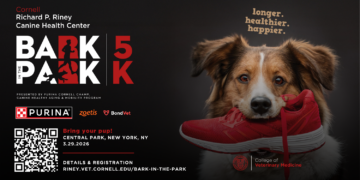
Sponsored Content
May 20 6:00-7:30
Dr. Justin Golub, Associate Professor and Vice Chair of Faculty Development in the Department of Otolaryngology — Head and Neck Surgery at Columbia University, will address the nature of the relationship between hearing loss and cognitive decline. What does an “association” mean? What is the evidence that hearing aids can reduce the risk, and if so, why?
Is it a matter of increased cognitive effort, or might it be explained by something else? He will discuss recent research findings as well as future developments.
Justin S. Golub, MD, MS is an Associate Professor of Otolaryngology—Head and Neck Surgery and Vice Chair of Faculty Development at the Columbia University Vagelos College of Physicians and Surgeons and NewYork-Presbyterian/Columbia University Irving Medical Center. He attended Emory University School of Medicine, residency in otolaryngology-head and neck surgery at the University of Washington in Seattle, and fellowship in neurotology at the University of Cincinnati. He obtained a masters in biostatistics at the Columbia University Mailman School of Public Health.
He is the author of more than a hundred peer-reviewed research publications and has co-edited four books, including a bestseller among trainees. Dr. Golub has an NIH-funded research program investigating the brain effects of age-related hearing loss. He has lectured internationally and his research has been reported in The New York Times and The Washington Post. He is also a leading pioneer in minimally invasive endoscopic ear surgery. Clinically he is interested in optimizing treatment of age-related hearing loss and improving outcomes using endoscopic ear surgery.
If you would like to join us for this captioned program, register here. After registering, you will receive an email with the Zoom link.
PLEASE NOTE THAT YOU MAY REQUEST A LINK FOR CAPTIONING IN SPANISH WHEN YOU REGISTER.
Can’t Hear? We are here for you!
The New York City Chapter of the Hearing Loss Association of America is a vibrant, diverse community dedicated to helping people with hearing loss lead more satisfying and productive lives. At the chapter’s monthly meetings, speakers address topics such as hearing aids and hearing-aid alternatives, assistive technology, interpersonal strategies, and advocacy initiatives. Those of you who are interested can find information about our organization on our chapter website by clicking here.








